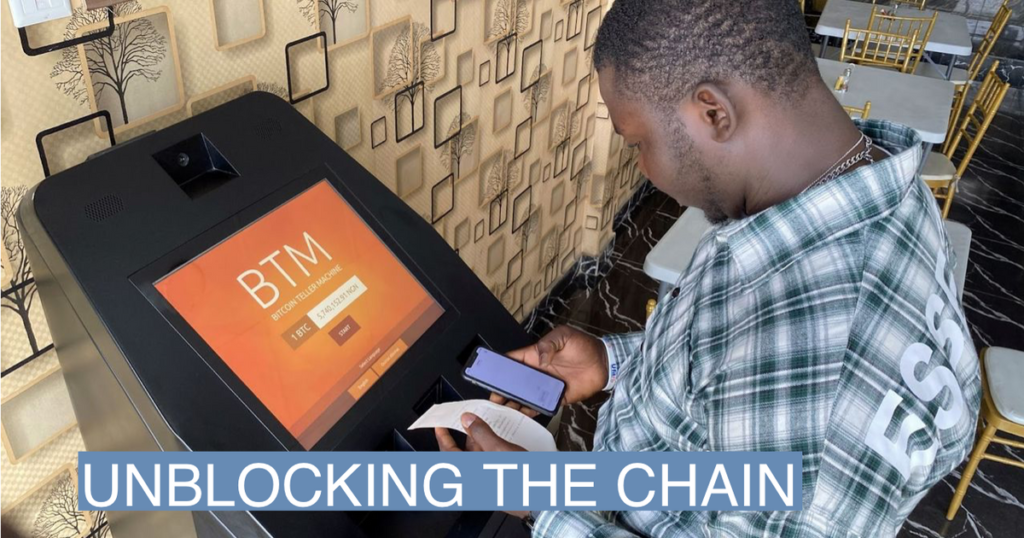Nigeria’s Central Bank Joins Africa in Slowly Regulating Cryptocurrency: Semafor
2 min read
The CBN’s new rules reflect public opinion and crypto industry demand for clarity and consumer protection. The shift also seems to mark the regulator’s acceptance that a prohibitive approach towards crypto was costly both in terms of financial benefit for banks and effective regulation. This comes as the bank moves to expand licensing and anti-fraud measures in fintech broadly while trying not to stifle innovation.
The initial ban leaned heavily on the view that crypto is a tool “to facilitate scams which we all popularly call 419 transactions,” as Emefiele, the former CBN chief, described it. But, rather than dissuade users, the ban seemed to drive a surge in crypto awareness and usage over the period. Rising inflation and the local naira currency’s continuous devaluation against the dollar made crypto —particularly bitcoin and stablecoins— an attractive hedge. Crypto transactions in Nigeria in the 12 months up to June 2023 alone were worth $57 billion, according to Chainalysis.
And so while lifting the ban suggests an updated capacity to manage crypto-related risks, it “feels like the CBN and government on the whole are wanting to take a cut on the lucrative crypto business that is being done too,” David Omojomolo, emerging markets economist at London-based firm Capital Economics, told me.
Nigeria’s new tone “is also an attempt to be removed from the FATF gray list,” says Gwera Kiwana, who heads crypto at Onafriq, the pan-African payments company formerly called MFS Africa. The Financial Action Task Force rates governments’ compliance measures against money laundering and terrorism financing. The Paris-based body requires countries to license and supervise virtual asset providers. Its “gray list” tracks countries with deficiencies in their anti-fraud frameworks.
After being added last February, Nigeria remains on the FATF’s grey list. Graylisted countries tend to receive skeptical treatment from global banks who consider the FATF’s guidelines part of their due diligence processes. Being graylisted correlates with declines in capital inflows by 7.6% of GDP, a 2021 IMF working paper suggests, and reduced development financing receipts, another study last year said. South Africa, Senegal and eight other African countries are also on the gray list.
But beyond fraud prevention, Kiwana expects Nigeria’s new rules to produce “a surge in partnerships” between crypto-native companies and other institutions to increase crypto use cases. The CBN could then adapt what it sees of increased adoption to enhance the eNaira, a central bank digital currency Nigeria issued in 2021, Kiwana said.
Source link
#Nigerias #central #bank #joined #Africas #slow #march #crypto #regulation #Semafor





